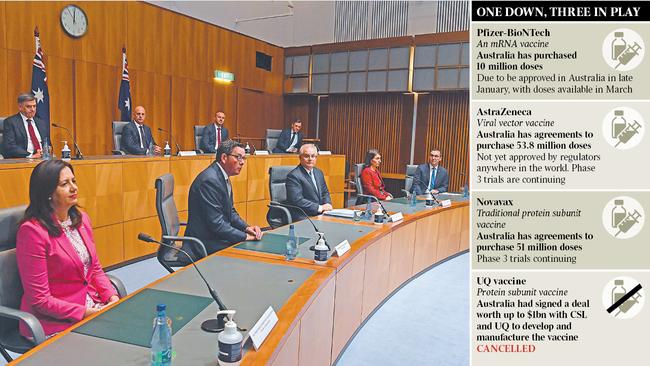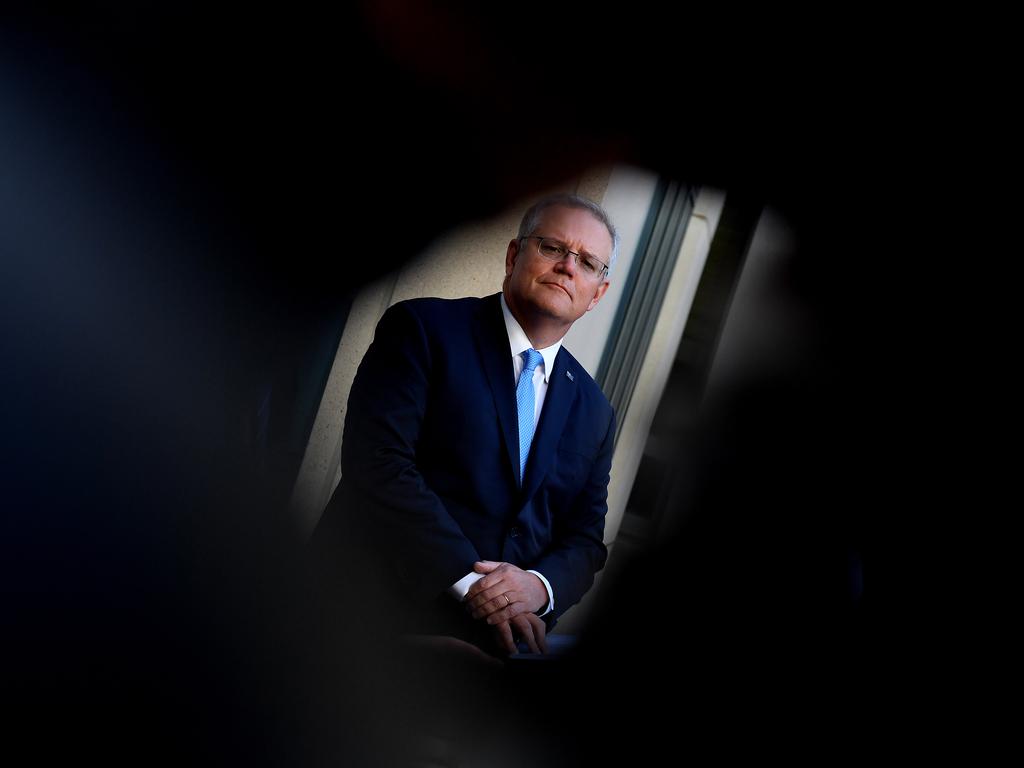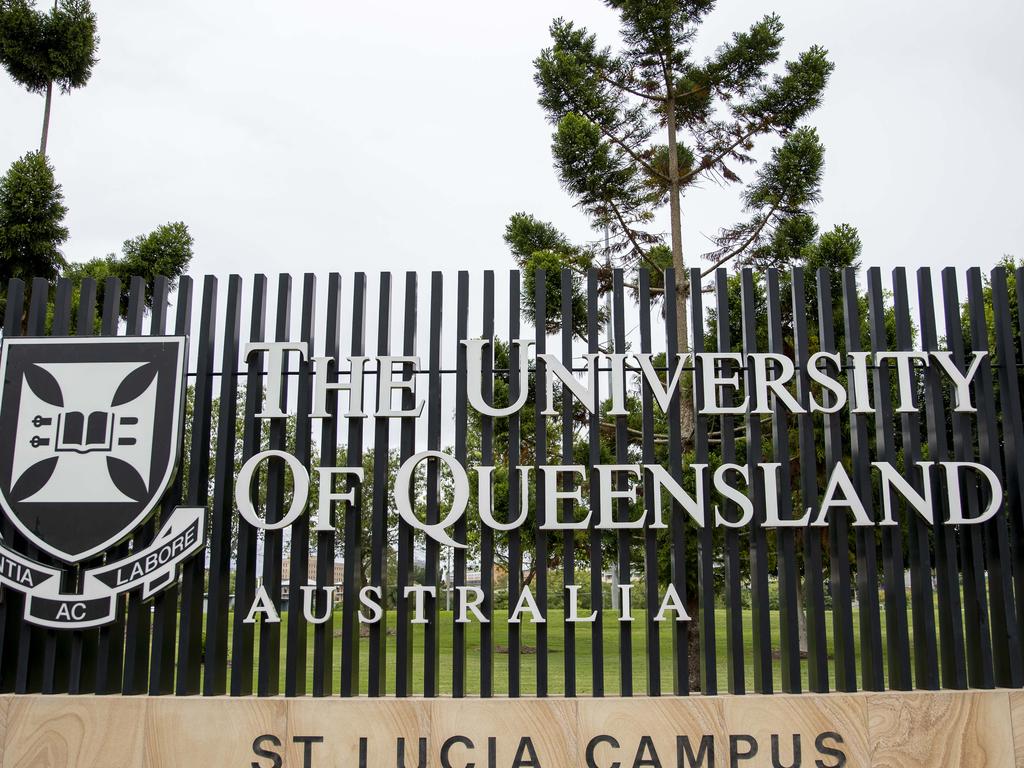Australia can wait on COVID-19 vaccine, others can’t
Australia does not need to fast-track emergency approval for COVID-19 vaccines because it is not in the same desperate situation as other countries, health authorities have said.

Australia does not need to fast-track emergency approval for COVID-19 vaccines because it is not in the same desperate situation as other countries, health authorities have said.
But the commonwealth will buy an additional 20 million doses of the vaccine developed by AstraZeneca and Oxford University, with a trial run by CSL and the University of Queensland collapsing after some patients began recording false-positive HIV results.
The US Food and Drug Administration on Friday recommended the emergency approval of a separate COVID-19 vaccine being developed by Pfizer, paving the way for it to be administered from next week as the country records more than 220,000 new cases every day.
Britain is already administering the Pfizer vaccine, with Canada expected to begin on Friday.
Scott Morrison said health authorities were monitoring the vaccine rollout in other countries, but approval would be “on Australian rules with Australian officials and on the Australian time frame”.
“Overseas, vaccination is the only thing they’ve got, frankly, now to address what is a level of communication of the virus that is happening in the community,” the Prime Minister said. “Because of the hard work done by Australians here and the arrangements that have been put in place by all those you see in front of you and our governments, Australia is not in that situation.”
Australia has a deal in place for Pfizer vaccine for five million people, although the company confirmed to The Weekend Australian it had no current plans to expand the number of doses.
Health Minister Greg Hunt said the country was on track to start vaccinations in March — despite the end of the CSL/UQ trials — with the Therapeutic Goods Administration expected to begin granting approvals in January.
Along with the additional AstraZeneca-produced doses purchased, the government has also purchased 11 million extra doses of a vaccine created by US pharmaceutical company Novavax. The additional AstraZeneca vaccine doses — 53.8 million in total — will be manufactured by CSL.

Mr Hunt said that would “potentially bring forward the completion of our vaccine rollout”. Australia will be one of just 20 countries to be able to manufacture its vaccine needs onshore.
Some epidemiologists remain cautious about the AstraZeneca vaccine. Raina Macintyre, who heads the Kirby Institute’s biosecurity program at the University of NSW, said that vaccine would likely fall short of helping Australia achieve herd immunity.
That’s because interim results of late-stage phase 3 trials showed only 62 per cent efficacy.
“That’s a lot lower than for the Pfizer and Moderna vaccines, both of them are over 90 per cent,” Professor MacIntyre said.
“If we end up with a vaccine that only has an efficacy of 62 per cent, you can’t actually achieve herd immunity with that.
“At this stage, we should be diversifying our vaccine portfolio, looking for partnerships with many different producers, because as this thing rolls out, there’s going to be differences in the effectiveness of the different vaccines and also the safety of the different vaccines.
“It’s too much of a race to put all our eggs in one basket.”
While the Pfizer vaccine has a success rate of about 95 per cent, peer-reviewed data published in The Lancet this week concluded further research was required to explain why some trial participants given a lower dose of the AstraZeneca vaccine recorded higher efficacy levels. The AstraZeneca vaccine is cheaper and easier to distribute than others.
Mr Morrison said the success in suppressing the coronavirus in Australia allowed local health authorities the time to approve the vaccines “in the same way we always would — carefully, based on the best science, so when I tell you that it’s safe to happen, I can do that with the greatest possible confidence that I can”.
A Health Department spokesman said the government had chosen “a diversified portfolio” and “pursued a range of different candidates and vaccine technology platforms”.
The government is now also in negotiations with Janssen, a subsidiary of Johnson & Johnson, on another option.
Health Department secretary Brendan Murphy warned the vaccine would not guarantee Australians would be able to resume unrestricted overseas travel. Dr Murphy, the former chief medical officer, said it would not be clear until next year if a vaccine had been able to completely prevent transmission of the virus.
“The extent to which they will effectively prevent, for example, asymptomatic transmission or people bringing the virus with them when they travel, we still have to find out,” he said.







To join the conversation, please log in. Don't have an account? Register
Join the conversation, you are commenting as Logout